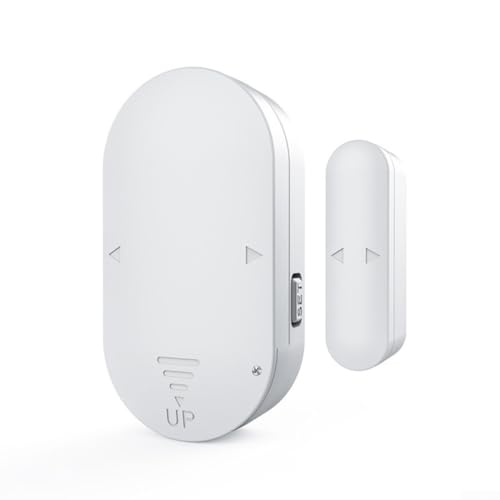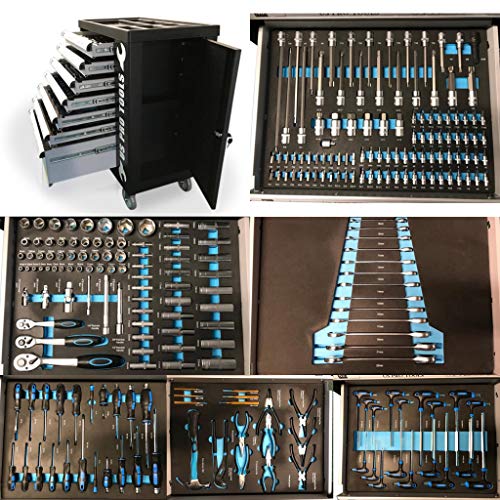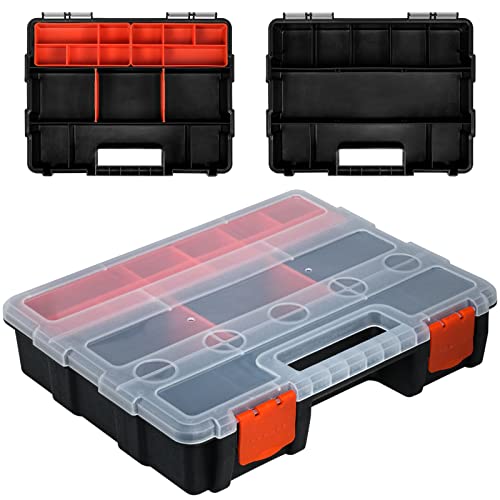Understanding Glass Breakage Detectors: How They Work
The Basics of Detection Technology
Glass breakage detectors are specially designed devices that sense the sound or vibration of breaking glass. They work by using sensitive microphones or accelerometers that detect the unique sound frequencies produced when glass fractures. Imagine walking past a window and accidentally knocking something over, causing the glass to shatter. The sound generated can be picked up by these detectors, alerting you to potential threats.
Sound and Vibration Recognition
These detectors primarily rely on two methods: sound detection and vibration sensing. The sound detection method uses microphones to identify the acoustic signature of breaking glass; this is similar to how your smartphone recognises a voice command. Alternatively, vibration sensors monitor physical movements caused by glass breaking. If you picture a glass vase falling off a shelf, the initial vibrations as it strikes the ground are measured, allowing the detector to identify an anomaly and trigger an alarm.
Key Features to Look For When Buying a Glass Breakage Detector
Sensitivity Levels and Range
When selecting a glass breakage detector, consider the sensitivity levels. High sensitivity detectors can pick up the sound of breaking glass from a greater distance, making them ideal for larger spaces. Ensure the product specifications detail the range to ensure it suits your home or business needs. For instance, if you have expansive office windows, a detector with a broader range will provide better coverage.
False Alarm Protection
A critical feature is the detector’s ability to distinguish between genuine glass breaking sounds and other potential disturbances, like thunder or loud music. Look for models with advanced sound processing algorithms that minimise false alarms. This technology acts as a filter, ensuring that interruptions from everyday life don’t trigger unnecessary alerts.
Power Supply Options
Most detectors require a constant power supply, but considering battery-operated options can be advantageous, especially in areas where wiring isn’t feasible. Battery-powered detectors offer flexibility in placement without compromising on security. Additionally, models with long battery life provide peace of mind, ensuring uninterrupted protection.
Integration Capabilities
If you have or plan to establish a complete security system, check if the glass breakage detector can integrate with other devices, such as security cameras or alarms. This interconnectedness enhances your overall security by allowing for simultaneous notifications and actions if an incident occurs.
Top 5 Glass Breakage Detectors Reviewed
Variety of Options to Suit Your Needs
While we don’t provide direct reviews, some popularly considered models include versatile designs suitable for residential or commercial use. Look for brands that focus on user-friendly interfaces and robust customer support. The specifications of each model will typically indicate whether it meets your specific requirements, whether you need residential alarms or robust detection for business premises.
Ease of Use and Setup
When reviewing detectors, the ease of installation and operation is paramount. Many models come with user-friendly instructions that don’t require professional help. If you’re someone who prefers straightforward setups, seek out models that tout simple mounting options and intuitive controls.
Installation Tips for Optimal Performance
Placement Considerations
To ensure your glass breakage detector performs optimally, placement is key. Mount the device within a reasonable distance of the glass you want to protect, ideally no more than 20 feet away. Additionally, consider angling it towards the glass surface to maximise sensitivity; much like setting your TV remote towards the screen, the positioning influences the effectiveness.
Avoid Obstacles
Ensure there are no obstructions between the detector and the glass surface, such as furniture or decor that could interfere with sound detection. This strategic placement maximises the detector’s effectiveness, allowing it to respond to genuine glass breaking accurately.
Maintaining Your Glass Breakage Detector for Longevity
Regular Testing
To maintain the integrity of your detector, it’s wise to conduct regular tests. Most manufacturers recommend testing the device at least once a month to ensure it’s functioning correctly. Many models come equipped with a test button to facilitate this check-up easily.
Cleaning for Improved Functionality
Dust and debris can diminish the quality of sound detection. Regularly cleaning the detector with a soft cloth helps ensure it remains responsive. Be careful not to use abrasive materials that could scratch the device, and avoid using any cleaning products that may harm the detector’s electronic components.































